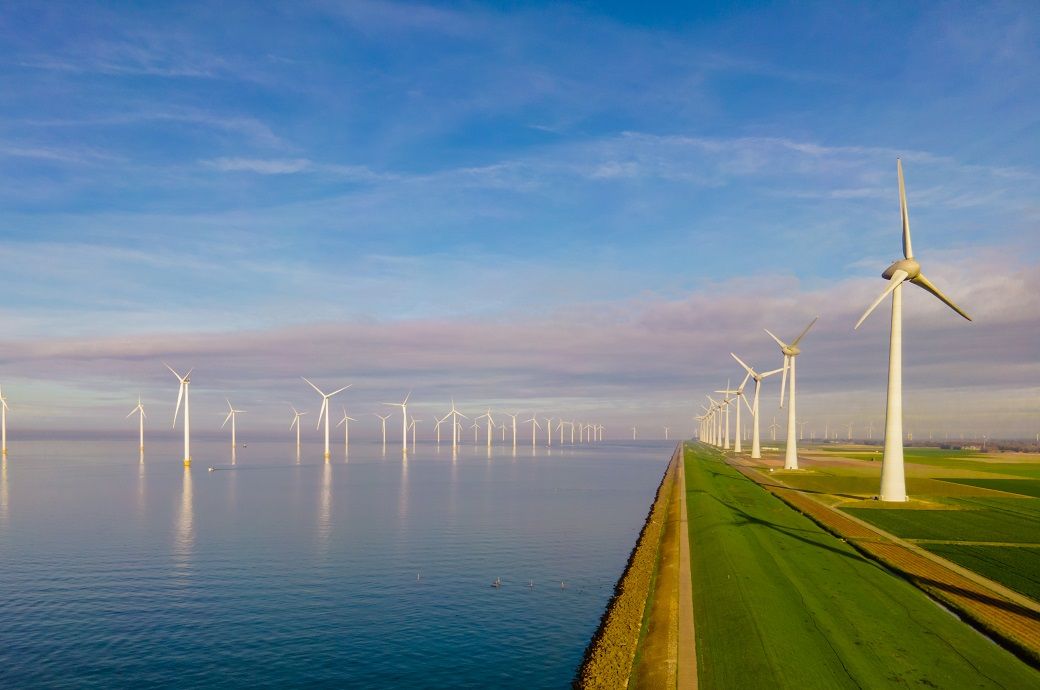
It has been projected that none of the goals will be achieved by 2030 at the current pace of progress. Since the onset of the COVID-19 pandemic, progress has stalled and is below the projected level based on pre-pandemic trends. Most significant reversals in progress include subjective well-being, access to vaccination, poverty, and unemployment rate, according to the latest Sustainable Development Report (SDR) released by the UN Sustainable Development Solutions Network (SDSN).
The report also pointed out that rich countries continue to generate negative international spillovers. For instance, 59 per cent of greenhouse gas emissions from textiles and clothing are emitted along the supply chain in countries different from where the final products are consumed.
European countries continue to lead the SDG Index, with Finland in the top spot, followed by Sweden, Denmark, Germany, and Austria. In contrast, Lebanon, Yemen, Papua New Guinea, Venezuela, and Myanmar have the largest number of SDG targets moving in the wrong direction.
The report emphasised the need for deep reform of the global financial architecture and implementation of the SDG Stimulus to address chronic shortfalls of SDG financing in developing and emerging economies. Investment in low-income countries averaged a mere $175 per person in 2023, compared with $11,535 per person in high-income countries.
The SDR also called for self-critical review and revision of national SDG strategies and long-term investment frameworks by all countries, irrespective of their income levels.
The report also highlighted the importance of promoting multilateralism and global cooperation under the UN Charter. A pilot index of multilateralism included in the report scores Argentina, Barbados, Chile, Germany, Jamaica, and Seychelles highest for their efforts to promote multilateralism.
The report concludes with a call for science-based instruments at all levels to guide SDG action and strengthen accountability, with the launch of SDSN's new flagship initiative, the SDG Transformation Centre.
Professor Jeffrey D Sachs, president of the SDSN and a lead author of the report, said: “Halfway to 2030, the SDGs are seriously off track—with the poor and highly vulnerable countries suffering the most. The international community should step up at this month’s Summit for a New Global Financing Pact in Paris, and at the key upcoming multilateral meetings, including the G20 meeting in New Delhi, the SDG Summit New York in September, and COP28 in Dubai, to scale-up international financial flows based on SDG needs. It would be unconscionable for the world to miss this opportunity, especially for the richest countries to evade their responsibilities. The SDGs remain fundamental for the future we want.”
Fibre2Fashion News Desk (NB)